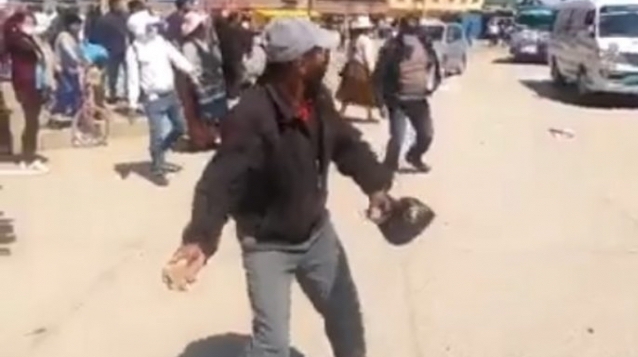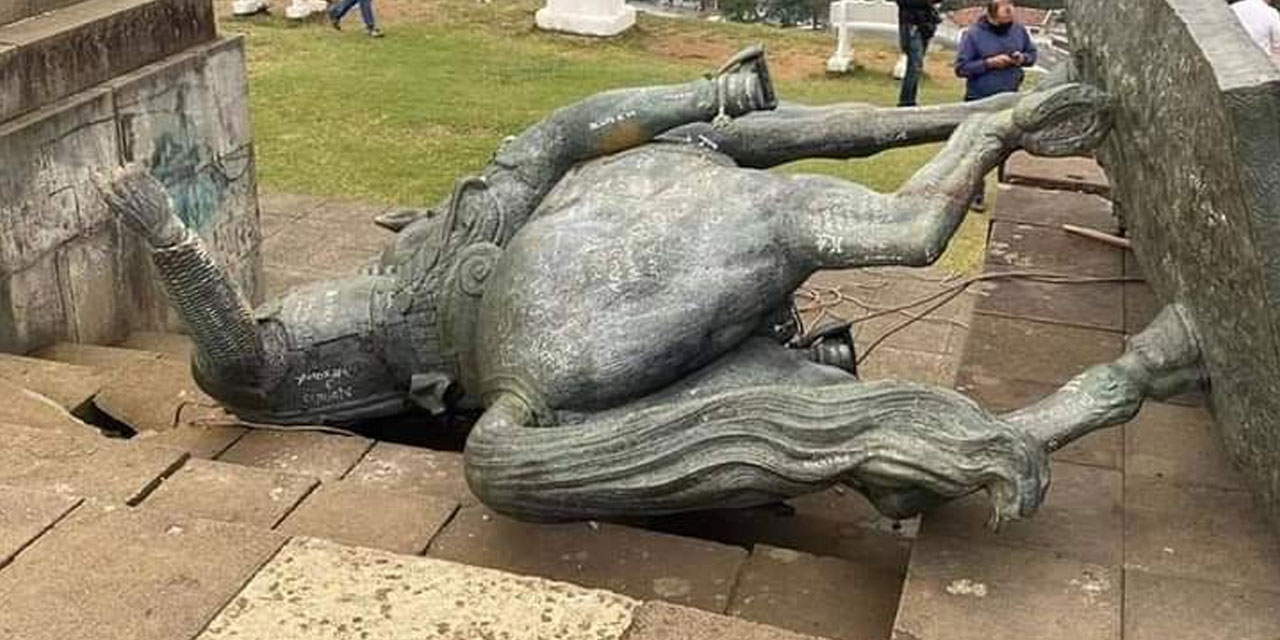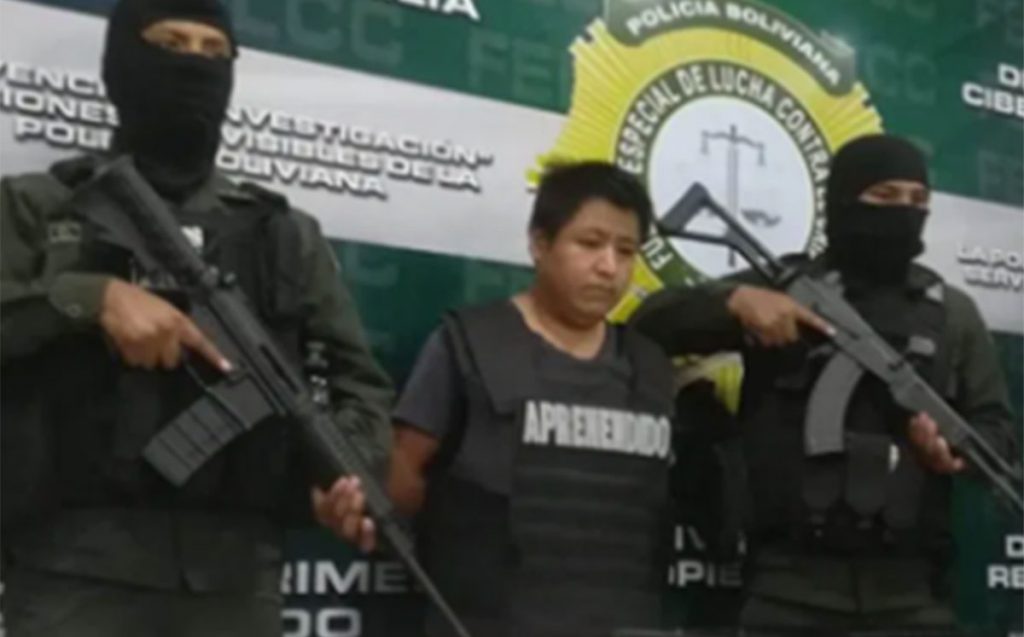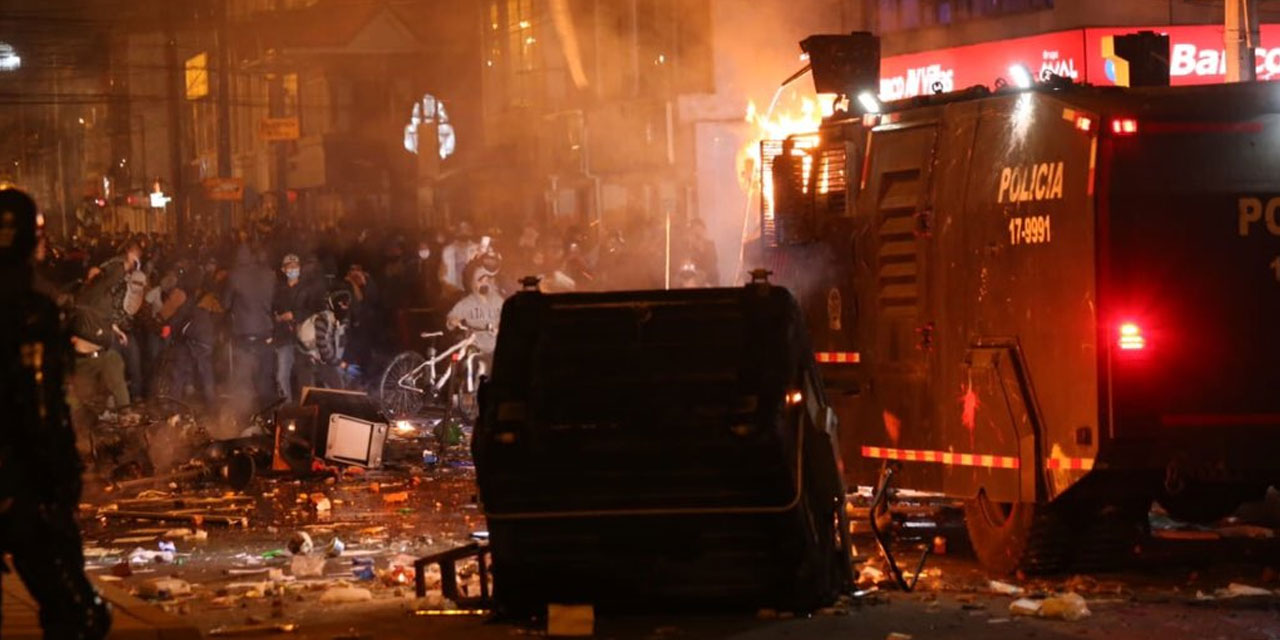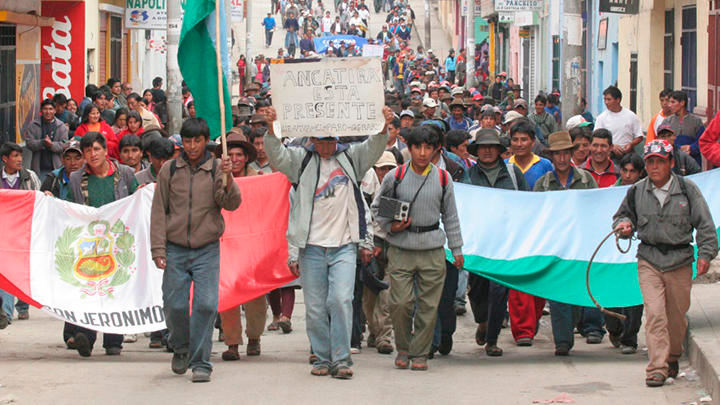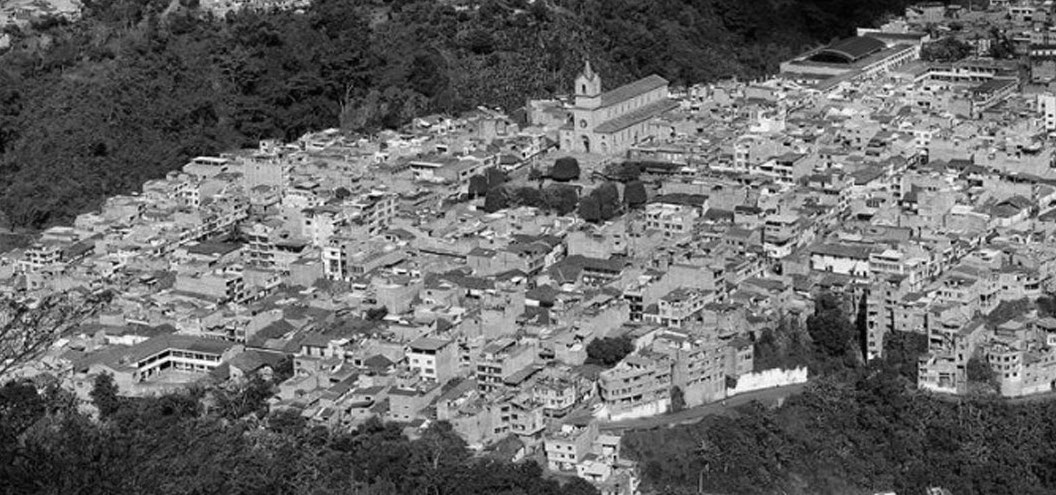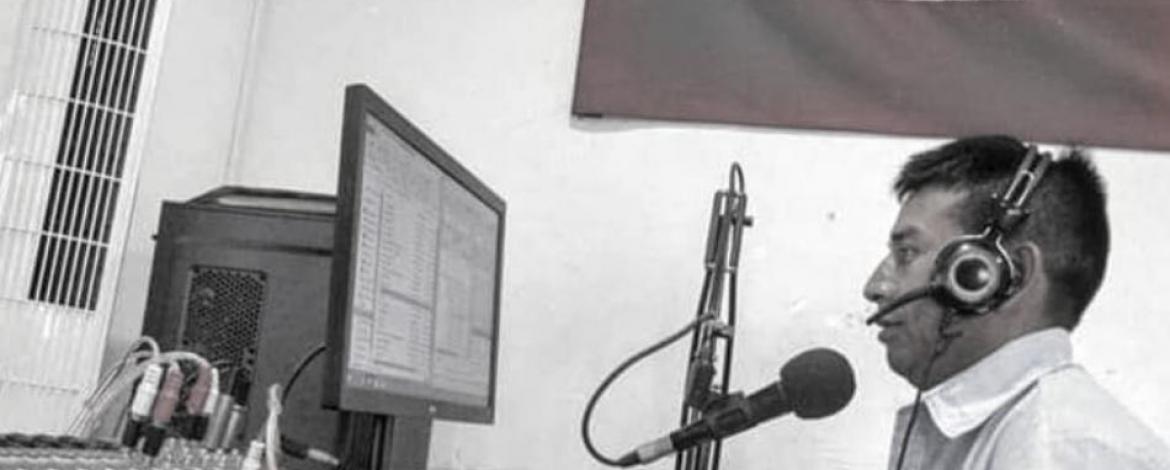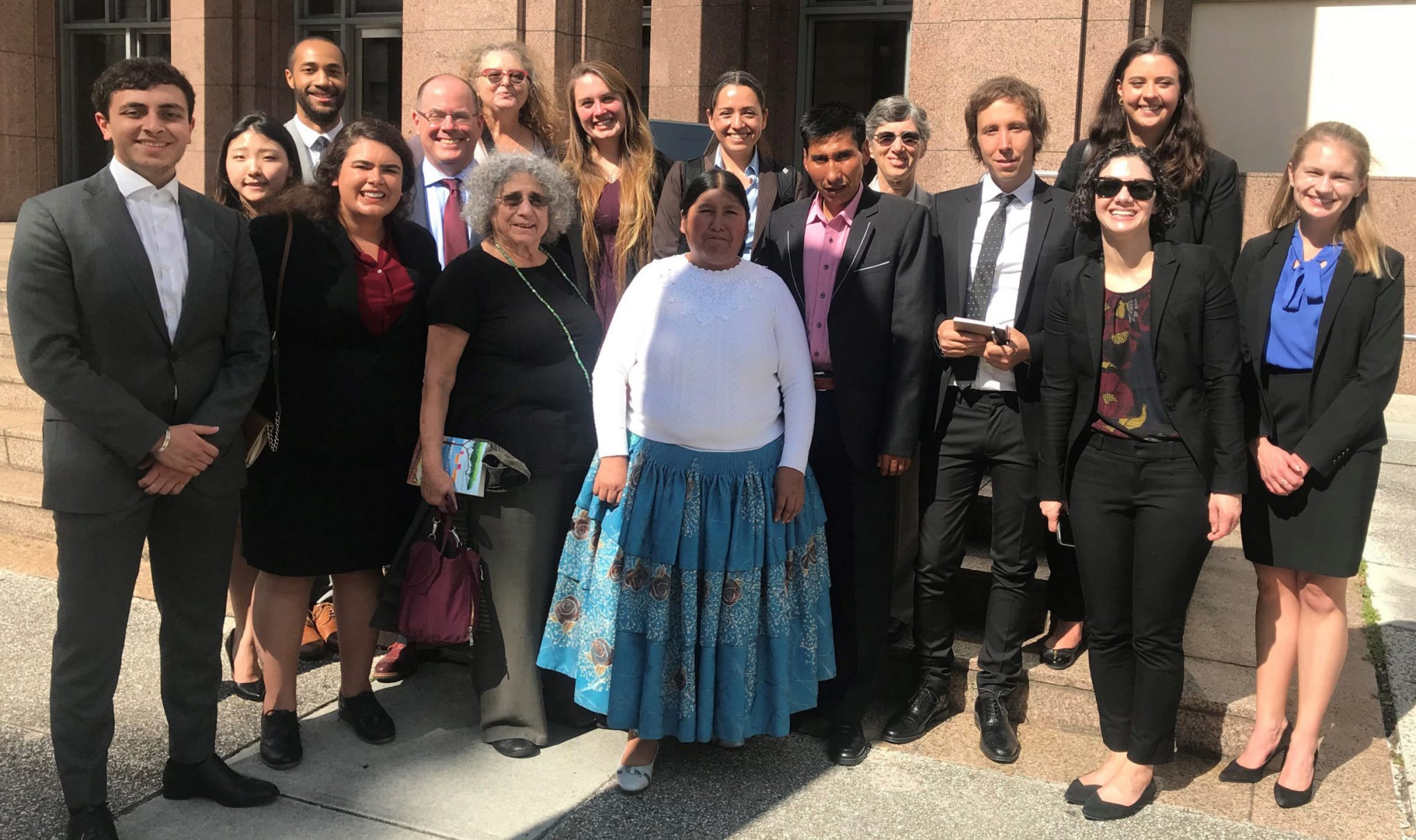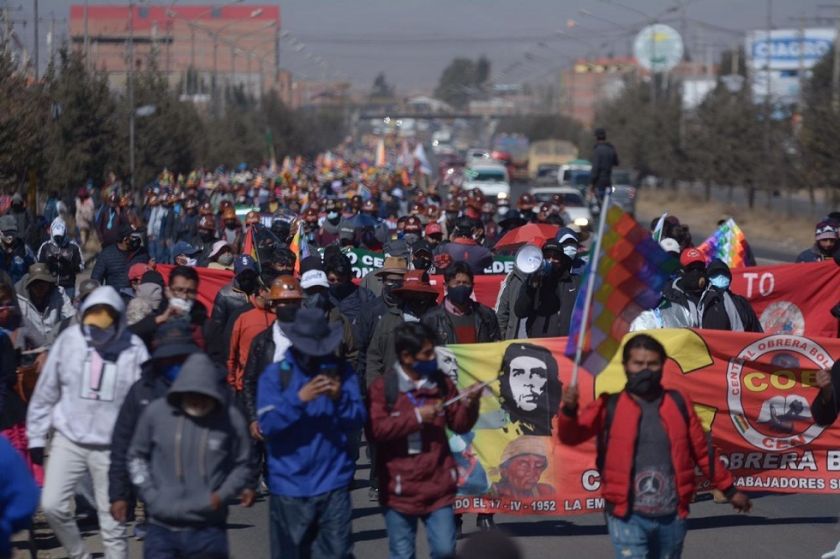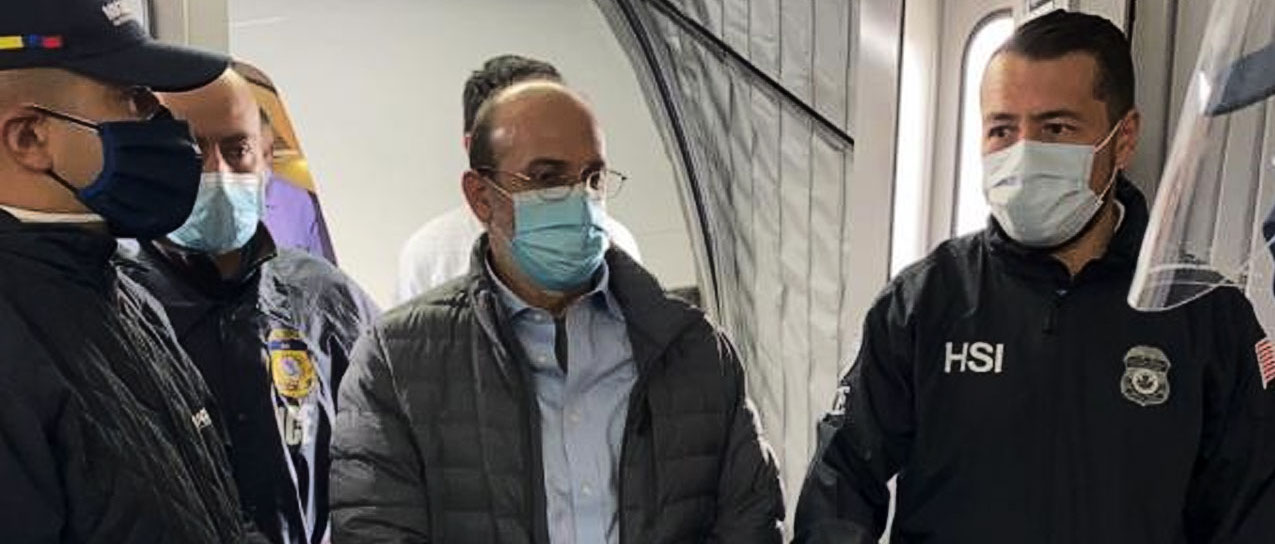
Colombia: paramilitary boss returns to face justice
Rodrigo Tovar AKA “Jorge 40,” one of Colombia’s most wanted paramilitary leaders, was flown back to his home country after 12 years in US prisons for drug trafficking. Once an official in his hometown of Valledupar, Tovar became commander of the feared “Bloque Norte” of Colombia’s right-wing paramilitary network. Revelations upon his demobilization in 2006 triggered the so-called “parapolitics” scandal, with his testimony implicating top government figures in the officially illegal armed networks. But Tovar stopped cooperatingwith Colombian justice after his brother was assassinated in 2009, a year after his extraditionto the US. He now faces multiple charges of war crimes and human rights violations in Colombia, most notoriously the 2000 massacre of 60 civilians at the village of El Saldado. (Photo via Colombia Reports)



